Moving from an International Student to a Canadian Permanent Resident
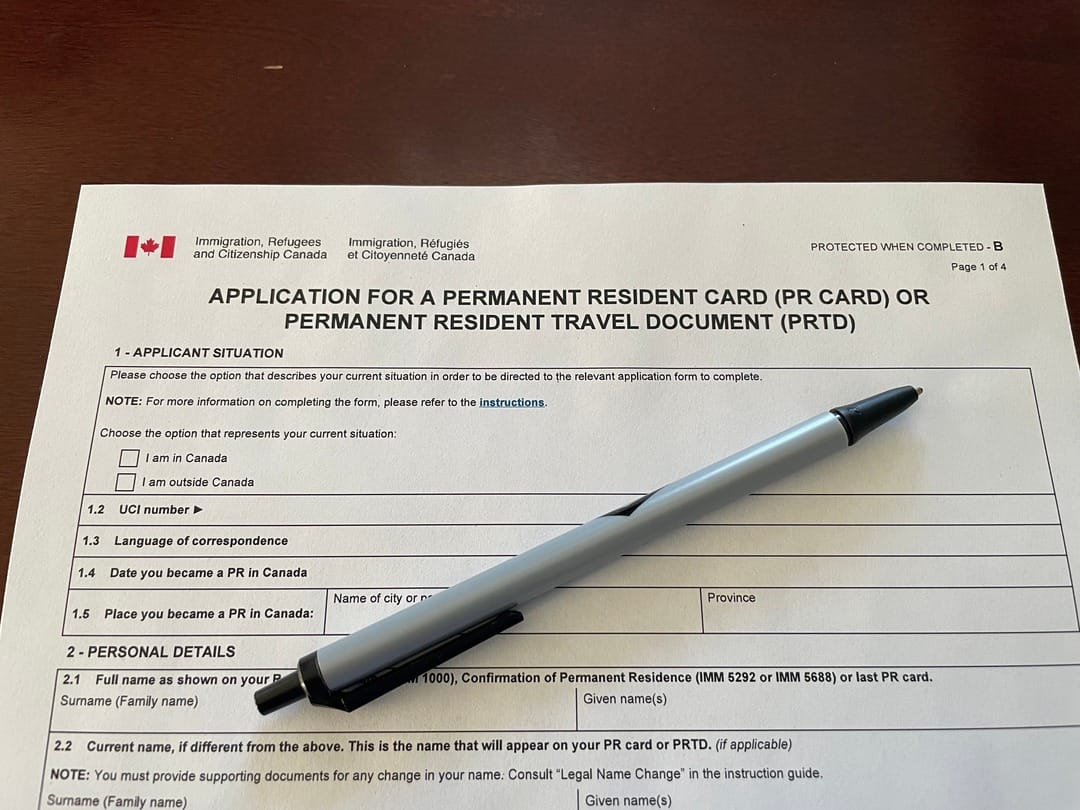
Canada is one of the world’s most desirable places to study, offering a dual benefit of a world-class education (comparable to that in the US and the UK) and the opportunity to transition into permanent residency, either while still studying or after completing your studies. As an international student in Canada, applying under the Express Entry program with a Canadian post-secondary education also gives you 30 points on the Comprehensive Ranking System, where top applicants are invited to apply for permanent residency.
If you are interested in transitioning from an international student to a Canadian permanent resident, here are some ways you can explore.
Canadian Express Entry
You can gain permanent residency status in Canada through one or more of Canada's Express Entry programs. These federal and provincial programs assign a score to your profile and rank it against other applicants in a pool draw every few weeks. Generally, a good CRS score for Express Entry is anything from 500 and above, depending on the pool that year. Top candidates in the Express Entry draw will receive an Invitation to Apply (ITA), giving them 60 days to apply for permanent residency.
“Having an active Express Entry profile, and knowing your CRS score at any point in time, is a crucial step in gaining permanent residency even while schooling.” - Ken Ndubisi.
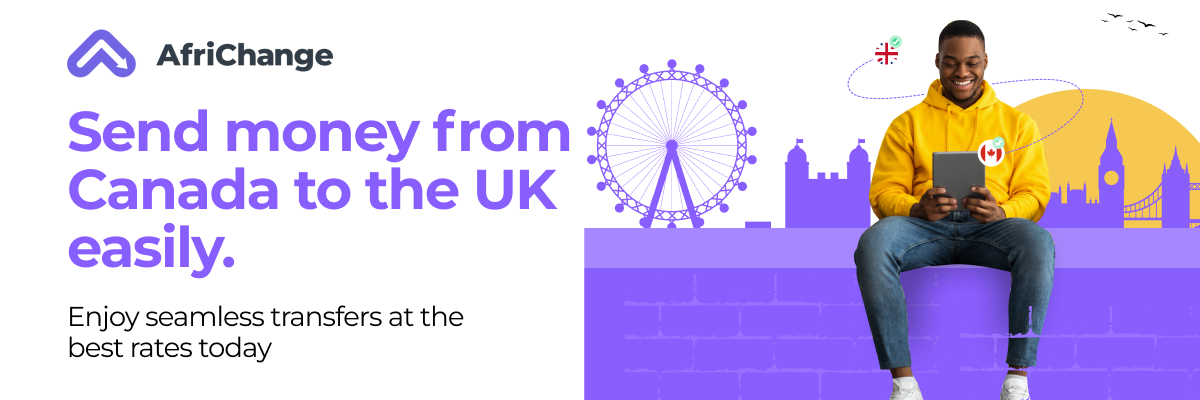
5 Factors That Can Determine Your CRS Score
- Age - The younger you are, the more CRS points you are likely to have.
- Educational Credentials - Students or individuals with two or more degrees, Master's degree holders, and Ph.D. holders often have higher CRS points.
- Proficiency in English and/or French - International students or applicants with high language scores in English (IELTS) or French (TEF) will score higher points on the CRS scale.
- Actual Work Experience - Relevant work experience in Canada or outside Canada can also greatly contribute to a high CRS score.
- Family Ties - Family relations who are Canadian citizens, operate businesses, or share strong ties to the government of Canada can also greatly influence your CRS score.
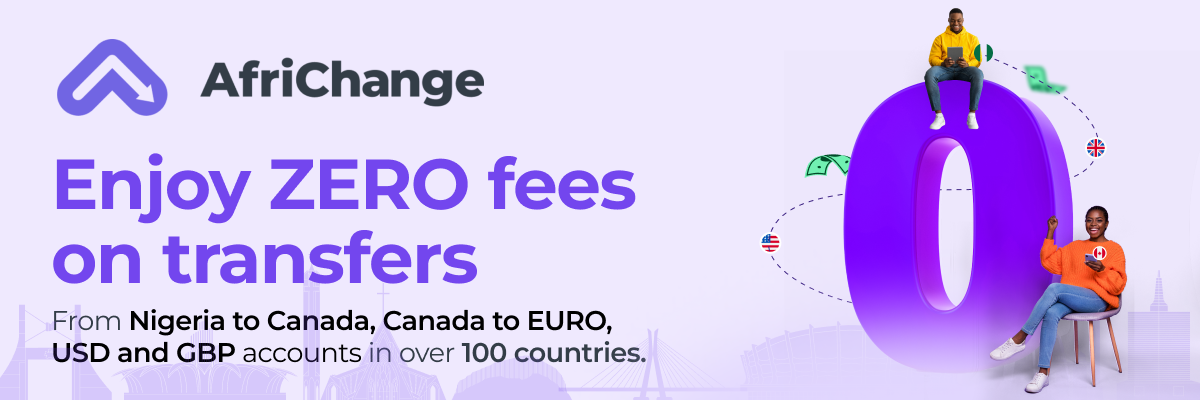
Some of Canada’s Popular Express Entry Programs
Canadian Experience Class (CEC)
The Canadian Experience Class is one of the fastest ways to gain permanent residency. As an international student, if you must apply under this category, you need a minimum of 12 months (1 year) of valid work experience in a skilled occupation in Canada. You also have a 3-year duration from the completion of your 1-year work experience to apply under this category, after which you are no longer eligible based on that work experience.
Keep in mind that work experience gained during full-time study, such as internships or co-ops, do not count as Canadian work experience in the CEC category. Rather, after studying, you can apply for a post-graduate work permit and gain Canadian work experience.
Most low-to-minimum wage earning jobs like customer service representative and blue-collar jobs do not count as Canadian work experience. Always check your job NOC code to know if it qualifies for Canadian work experience.” - Ken Ndubisi
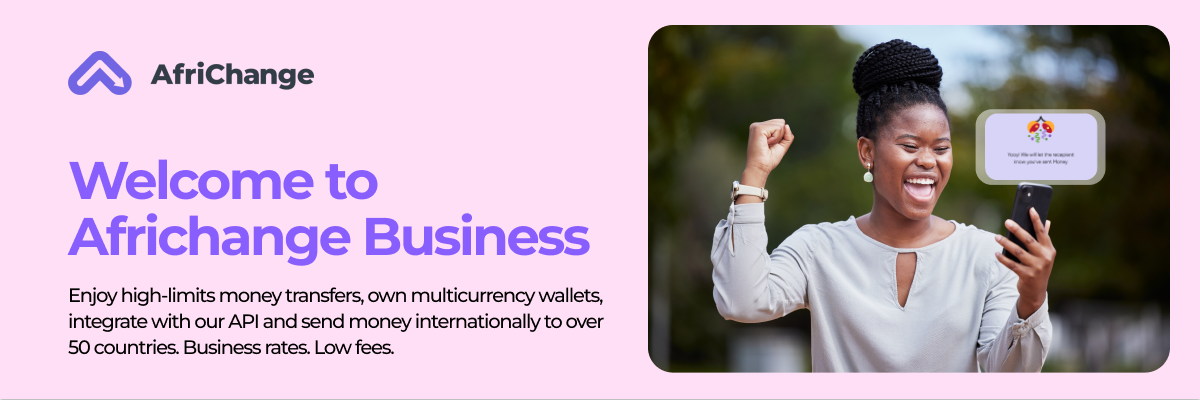
Federal Skilled Worker (FSW)
The Federal Skilled Worker pathway is a points-based system that international students or others can apply through for Canadian permanent residency. Like other Express Entry programs, it requires skilled work experience in either TEER 0, 1, 2, or 3 categories, the ability to speak English or French proficiently, and a good educational background backed with credentials. The benefit of the Federal Skilled Worker program is that your skilled full-time or part-time work experience gained outside Canada is considered, including internships and co-ops, as long as they are paid, continuous, and meet other requirements of the program.
“As an international student in Canada, do not be in a hurry to abandon your remote-based Nigerian jobs or past work experience; they can count towards your international work experience.” - Ken Ndubisi.
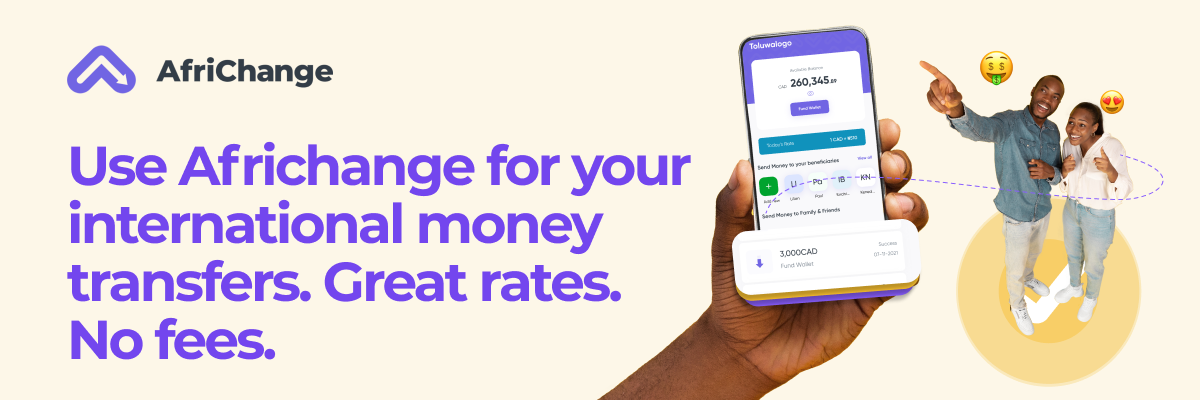
Provincial Nominee Program (PNP)
A Provincial Nominee Program is a solid path to permanent residency for foreign or international students in Canada. Often, it is processed faster than other immigration programs. As an international student, a province may extend permanent residency status to you because of a shared connection, such as completed school or work experience. And since each province has unique specific needs, the requirements can differ slightly.
You can apply for Express Entry draws in your province under sectors like STEM, healthcare, trade, transportation, and the likes.
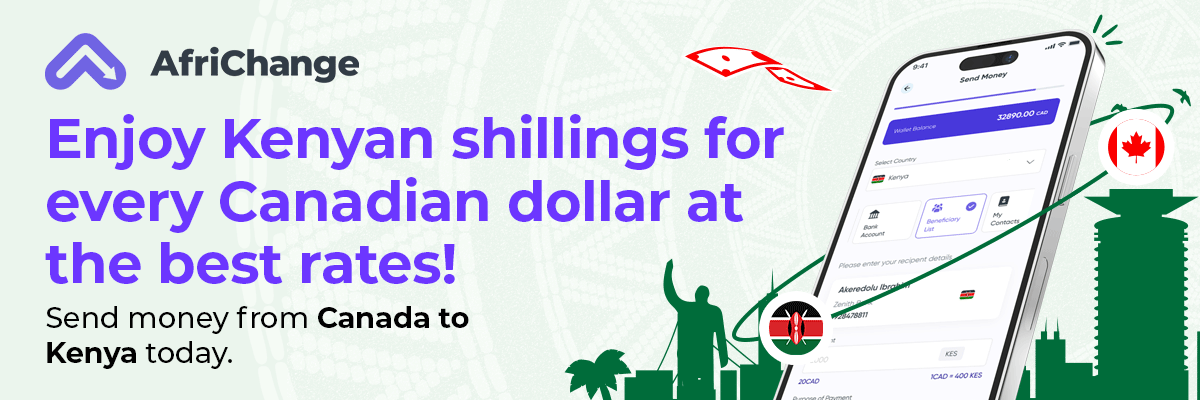
Quebec Immigration Program for International Students
Quebec is a very large province in Canada. Unlike the federal Express Entry and other provincial programs, Quebec operates a different immigration program with a special preference for French-speaking international students who have post-secondary education or work experience. As an international student graduate, you can either apply for the Quebec Experience Program (PEQ) or Quebec Skilled Worker (QSW).
Quebec Experience Program (PEQ): Mostly applies in cases where you have completed or are within six months of completing your post-secondary education with an intermediate or advanced knowledge of French. Here, you do not necessarily need a Canadian work experience.
Quebec Skilled Worker (QSW): For the QSW, international students in Quebec with completed post-secondary education programs or within six months of completion and relevant work experience can apply for permanent residency through an expression of interest program. Unlike the PEQ, a mandatory French language proficiency is not required; however, you must meet a minimum score on the points assessment scale.
It is possible for international students to apply for a Canadian study permit alongside permanent residency. And is known as dual intent. However, to be successful at it, you need to have a very high CRS score.

Atlantic Immigration Program Federal Skilled Worker
Another option to consider as an international student in Canada is getting employment in one of Canada’s four Atlantic provinces - New Brunswick, Nova Scotia, Prince Edward Island or Newfoundland and Labrador. Designated employers in these provinces are able to hire skilled international students with Canadian post-secondary education who want to school or work there.
Frequently Asked Questions
Can I start a business as an international student in Canada?
Only once you have commenced your study program. As an international student in Canada, your study permit allows you to work a weekly total of 20 hours during academic sessions and full-time during the holidays. In Canada, the government recognizes a student as “working off campus” when they work for themselves. To be able to do this, you must have a social insurance number and be actively enrolled in a designated learning institution under a degree/diploma/certificate program of a minimum of six months' duration.
Keep in mind that starting a business as an international student does not exempt you from adhering to the stipulated work hours in your study permit. To exceed the work hours on your visa, you need a work permit.
What are some tips for finding scholarships, grants as an international student in Canada?
As an international student in Canada, you need to be proactive to get scholarships, business grants, or immigrant opportunities. Start by scouting your school departments, particularly if they have a business or entrepreneurship department. Also, check websites like canadastartups.org, foundation.africhange.com, and the Government of Canada’s grants and funding page. Many opportunities are available, but many people do not apply for them. Even if you are not able to get grants, you can at least leverage a vast network or business access that may not be available after graduation.
How many hours can I work on a study permit?
Currently, the approved work hours for international students on a study permit are 20 hours per week during academic sessions. Ensure to work only within your stipulated work hours to avoid losing your study permit and possibly affecting your chances of permanent residency in the future.
“Rather than seeking ways to circumvent your work hours, consider working during holiday breaks, and exploring remote opportunities like freelancing on Fiverr and Upwork.” - Ken Ndubisi.

The Bottom Line
In conclusion, being an international student in Canada or obtaining a Canadian post-secondary education at a designated learning institution puts you at an advantage when applying for permanent residency in Canada. Develop a roadmap that properly utilizes all your entitlements and privileges by evaluating your educational credentials, creating an Express Entry profile, knowing your CRS scores at any point in time, taking the necessary language tests and aiming to maximize your scores, properly documenting all your work experiences, and working towards the required CRS score for the category or PR pathway you choose. If you are a tech talent, you can also consider other immigration pathways that are available to you.
Africhange is a cross-border remittance provider that connects African immigrants all over the world to their home. You can send and receive money from Canada to the UK, Nigeria, Ghana, Kenya, and USD or EURO accounts in over 50 countries. To learn more, click here.

